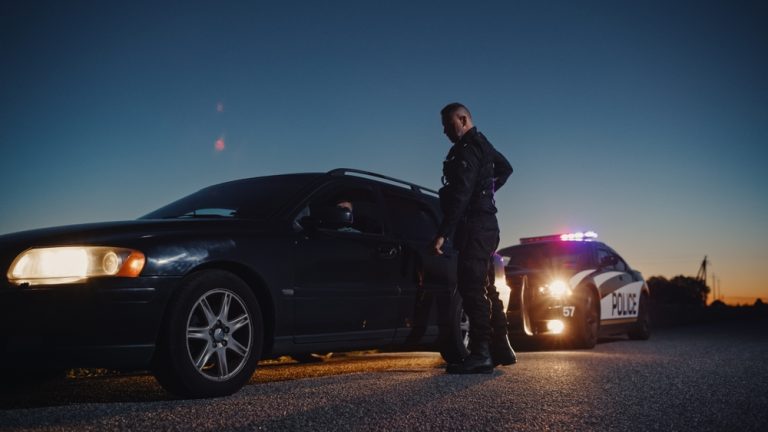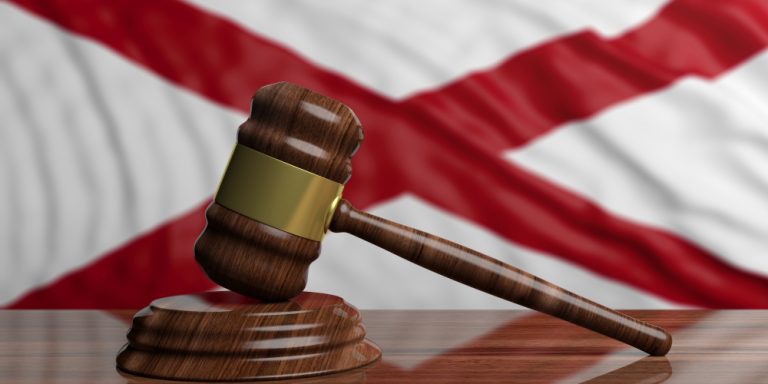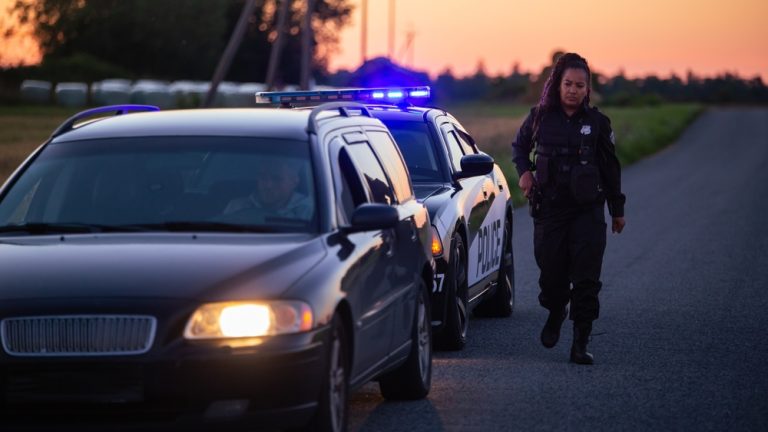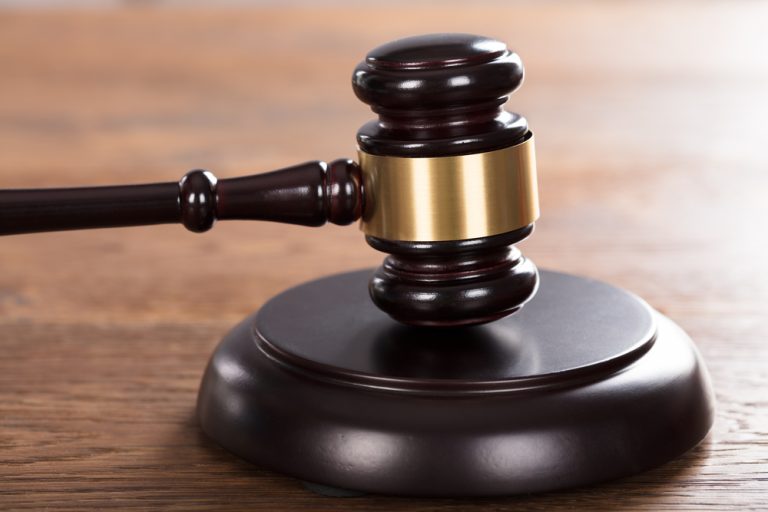Florida Premises Statute Reintroduces the Notice Requirement for Plaintiff to Plead and Prove into Premises Liability Actions
Florida Premises Statute Reintroduces the Notice Requirement for Plaintiff to Plead and Prove into Premises Liability Actions
On April 14, 2010 Governor Crist signed into law Florida Senate Bill 1224 “Relating to Negligence/Slip on Foreign Substance.” The new law repeals Florida Statute Section 768.0710, the Statute that set the burden of proof in claims of negligence involving transitory foreign objects or substances against persons or entities in possession or control of business premises. The most significant change is that Section 768.0755 reintroduces the notice requirement for a Plaintiff to plead and prove into premises liability actions. Notice as a required element of pleading and proof has been absent since the Florida Supreme Court decided Owens v. Publix in 2001. Under Florida Statute Section 768.0710 allowed the defendant in a premises case to offer evidence of lack of notice but the statute specifically stated that “actual or constructive notice of the transitory foreign object or substance is not a required element of proof” of a claim.” The slip and fall law will take effect July 1, 2010.
Florida Statute Section 768.0755 provides if a person slips and falls on a transitory foreign substance in a business establishment, the injured person must prove that the business establishment had actual or constructive knowledge of the dangerous condition and should have taken action to remedy it. Constructive knowledge may be proven by circumstantial evidence showing that:
(1) The dangerous condition existed for such a length of time that, in the exercise of ordinary care, the business establishment should have known of the condition; or
(2) The condition occurred with regularity and was therefore foreseeable.
Anticipated Effects:
Under the new law, a person claiming injury will have to prove that persons or entities in possession or control of business premises knew or should have known that a dangerous condition existed and should have corrected the situation. The law gives several ways to prove notice including: (1) actual knowledge; (2) constructive notice based on the length of time the dangerous condition was present or (3) that the condition was a regular reoccurrence of the dangerous condition.
The reintroduction of notice as an element of a premises liability case should make it more challenging for plaintiffs to win against businesses in slip and fall cases, and the law is expected to impact each stage of the litigation process. At the pleading stage, a plaintiff will be required to allege actual or constructive knowledge of the premises owner. Failure to do so may result in the Court dismissing the action for failure to state a cause of action. During the discovery phase of litigation, discovery regarding “actual or constructive” knowledge of dangerous conditions will become crucial for both parties.







